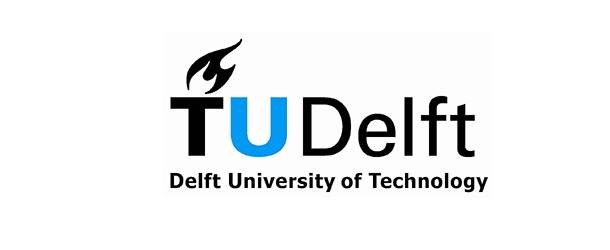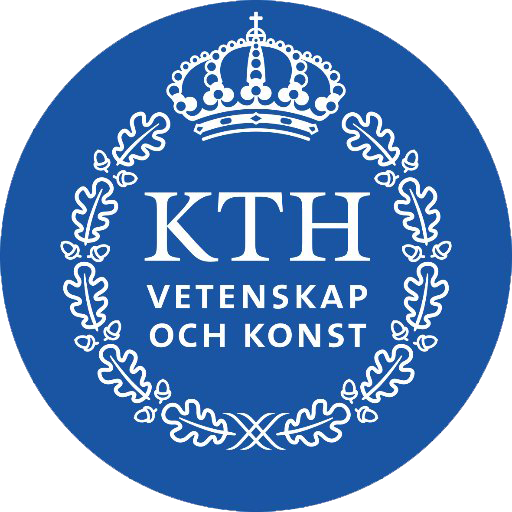Snabbfakta
-
- Delft
- Heltid
- Rekrytering
Kategorier:
- Rymdvetenskap
- Fysik
Titlar:
- Doktorand
Ansök senast: 2024-04-28
PhD Position Spectro-polarimetry of Planetary Surfaces
JOB DESCRIPTION
Reflectance spectroscopy is a technique widely used in planetary sciences to investigate the chemical composition, texture, temperature and physical parameters of the studied planetary body. In addition, the polarization state of the reflected light can bring further informations complementary to reflectance spectroscopy itself. Polarimetric phase curves are used as a new classification method for the Solar System’s small bodies and comparison with the reflectance spectra start to highlight a link between the observed polarization and the mineralogical composition of the target. Visible spectro-polarimetric observations of primitive asteroids demonstrated the variety of polarimetric signals due to the heterogeneous composition of the targets, emphasizing the link between the surface properties and the excess of polarization of the reflected light.
A new instrument is currently being developed at the Faculty of Aerospace Engineering that will enable the investigation of the polarization state of the reflected light, from the visible to the infrared range. With two independently moving arms, this spectro-gonio ellipsometer will be able to perform spectro-polarimetric measurements over a wide range of geometrical configurations (i.e. incidence and phase angles).
You will be involved in the development, calibration and control of the ellipsometer. Improvements of the instrument will be possible in order to maintain cold temperature around the studied sample. You will then use this instrument to characterize the polarimetric behavior of the light reflected by planetary surfaces. Based on preliminary spectroscopic analyses, you will investigate the effects of the surface composition, parameters and viewing geometry on the reflected spectro-polarimetry. Such analyses will be performed on granular surfaces, on ice slabs and biochemical components. Finally, if time permits it, you will be involved in the design of a novel ellipsometer dedicated to surface characterization, flying on drone or space-borne.
You will be part of the Space Instrumentation section of the Space Exploration department of the faculty of Aerospace Engineering. As part of the team, you will be expected to present your studies during international conferences and with peer-reviewed articles. You will also have the opportunity to be teaching assistant, supervise MSc students and advise external visitors on the use of the instrument.
REQUIREMENTS
You must have:
- A Master-level degree in space engineering, astrophysics, physics or any relevant field.
- Experience in laboratories (during internship, MSc thesis, or practicum).
- Strong interest in instrument development and planetary sciences.
Experience with optics and coding is a nice-to-have but not mandatory.
Doing a PhD at TU Delft requires English proficiency at a certain level to ensure that the candidate is able to communicate and interact well, participate in English-taught Doctoral Education courses, and write scientific articles and a final thesis. For more details please check the Graduate Schools Admission Requirements.
CONDITIONS OF EMPLOYMENT
Fixed-term contract: 4 years.
Doctoral candidates will be offered a 4-year period of employment in principle, but in the form of 2 employment contracts. An initial 1,5 year contract with an official go/no go progress assessment within 15 months. Followed by an additional contract for the remaining 2,5 years assuming everything goes well and performance requirements are met.
Salary and benefits are in accordance with the Collective Labour Agreement for Dutch Universities, increasing from € 2770 per month in the first year to € 3539 in the fourth year. As a PhD candidate you will be enrolled in the TU Delft Graduate School. The TU Delft Graduate School provides an inspiring research environment with an excellent team of supervisors, academic staff and a mentor. The Doctoral Education Programme is aimed at developing your transferable, discipline-related and research skills.
The TU Delft offers a customisable compensation package, discounts on health insurance, and a monthly work costs contribution. Flexible work schedules can be arranged.
For international applicants, TU Delft has the Coming to Delft Service. This service provides information for new international employees to help you prepare the relocation and to settle in the Netherlands. The Coming to Delft Service offers a Dual Career Programme for partners and they organise events to expand your (social) network.
EMPLOYER
Delft University of Technology
Delft University of Technology is built on strong foundations. As creators of the world-famous Dutch waterworks and pioneers in biotech, TU Delft is a top international university combining science, engineering and design. It delivers world class results in education, research and innovation to address challenges in the areas of energy, climate, mobility, health and digital society. For generations, our engineers have proven to be entrepreneurial problem-solvers, both in business and in a social context.
At TU Delft we embrace diversity as one of our core values and we actively engage to be a university where you feel at home and can flourish. We value different perspectives and qualities. We believe this makes our work more innovative, the TU Delft community more vibrant and the world more just. Together, we imagine, invent and create solutions using technology to have a positive impact on a global scale. That is why we invite you to apply. Your application will receive fair consideration.
Challenge. Change. Impact!
DEPARTMENT
Faculty Aerospace Engineering
The Faculty of Aerospace Engineering at Delft University of Technology is one of the world’s most highly ranked (and most comprehensive) research, education and innovation communities devoted entirely to aerospace engineering. More than 200 science staff, around 270 PhD candidates and close to 3000 BSc and MSc students apply aerospace engineering disciplines to address the global societal challenges that threaten us today, climate change without doubt being the most important. Our focal subjects: sustainable aerospace, big data and artificial intelligence, bio-inspired engineering and smart instruments and systems. Working at the faculty means working together. With partners in other faculties, knowledge institutes, governments and industry, both aerospace and non-aerospace. Working in field labs and innovation hubs on our university campus and beyond.
Click here to go to the website of the Faculty of Aerospace Engineering.
ADDITIONAL INFORMATION
For more information about this vacancy, please contact Dr. Sandra Potin (s.j.m.potin@tudelft.nl)


